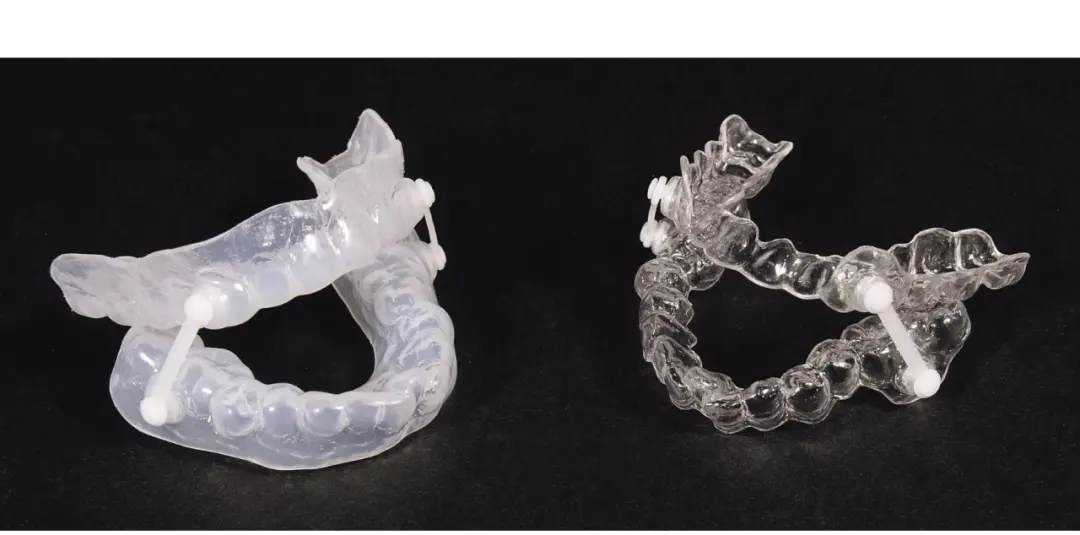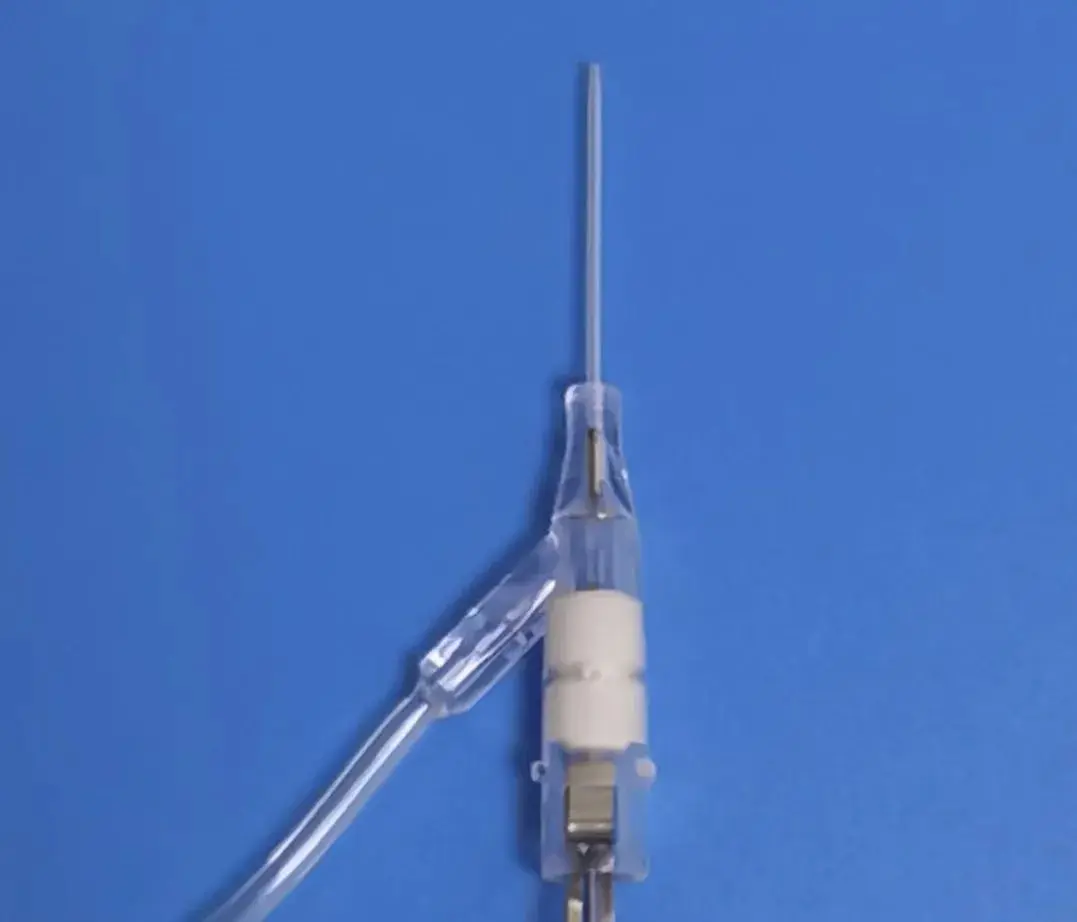
What is the EN 62115 Test Standard Report?
EN 62115 certification is the European Union safety certification regulation for electric toys. Electric toys are motorized toys driven by small electric motors, most of which are powered by batteries, also known as battery-operated toys. This category includes electric toys made from various materials, video toys, sound and light toys, etc.
What is the EN 62115 standard?
EN 62115 is based on the international standard IEC 62115, with additional EU-specific requirements. Its purpose is to ensure that electric toys do not pose a risk of electric shock, fire, mechanical injury, or chemical hazards to children during use.
Scope of EN 62115:
1. It applies to electric toys with a rated voltage of ≤24V (e.g., remote control cars, light-up dolls, electric building blocks, etc.).
2. It does not apply to non-electric toys (which must comply with the EN 71 series standards); playground equipment, model trains (for specific uses, other standards apply).
Key safety requirements of EN 62115:
1. Electrical safety:
- Insulation materials must withstand high temperatures (e.g., temperature rise test ≤65°C);
- Battery and charging systems must prevent short circuits, overcharging, and reverse connection (e.g., lithium-ion batteries must pass the un38.3 test).
2. Mechanical safety:
- Accessible moving parts (such as gears and wheels) must be protected from pinching (gaps <5mm or >12mm);
- The surface of the toy must not have sharp edges or burrs.
3. Chemical safety:
- Plastic parts must comply with REACH regulations (e.g., phthalates <0.1%);
- Heavy metal migration must meet the EN 71-3 standards (e.g., lead ≤13.5mg/kg).
4. Fire performance:
- Non-metal materials must pass flame retardant tests (e.g., glowing wire test 550°C).
Examples of EN 62115 test items:
1. Battery abuse testing (compression, puncture, overcharging);
2. Leakage current test (≤0.5mA);
3. Drop test (dropping from a height of 85cm 3 times, function remains normal);
4. Waterproof test (IPX4 level, splash-proof).
Process for obtaining CE certification for electric toys:
1. Determine the product testing items;
2. Fill out the testing application form, specify testing standards, and define the age range for the test;
3. Send and receive samples: The applicant arranges the sample shipment;
4. Testing arranged by JJR Laboratory in China, 3-5 working days;
5. If the test is passed, the report is issued.
Electric toys are governed by the EU CE Toy Safety Directive (Directive 2009/48/EC), with safety standards outlined in EN 62115. The scope includes all electric toys and also applies to electrical devices, electrical functional toys, electrical experimental devices, and video toys, covering risks related to electromagnetic fields. To meet EN 62115, electric toys must also comply with EN 71-1 (physical and mechanical requirements), EN 71-2 (flammability), and EN 71-3.
Email:hello@jjrlab.com
Write your message here and send it to us
 Toothbrush FDA Certification Testing
Toothbrush FDA Certification Testing
 Snoring Device FDA 510k Standard Testing
Snoring Device FDA 510k Standard Testing
 Single Use Intravenous Catheter Certification Test
Single Use Intravenous Catheter Certification Test
 Silicone Material Product Compliance Certification
Silicone Material Product Compliance Certification
 What to Do If Cytotoxicity Test Results Are Positi
What to Do If Cytotoxicity Test Results Are Positi
 ISO 10993:5 Cytotoxicity Testing Methods
ISO 10993:5 Cytotoxicity Testing Methods
 FDA ISO 10993-1 Biocompatibility Evaluation Guidel
FDA ISO 10993-1 Biocompatibility Evaluation Guidel
 In Vitro Cytotoxicity Testing for Medical Devices
In Vitro Cytotoxicity Testing for Medical Devices
Leave us a message
24-hour online customer service at any time to respond, so that you worry!




